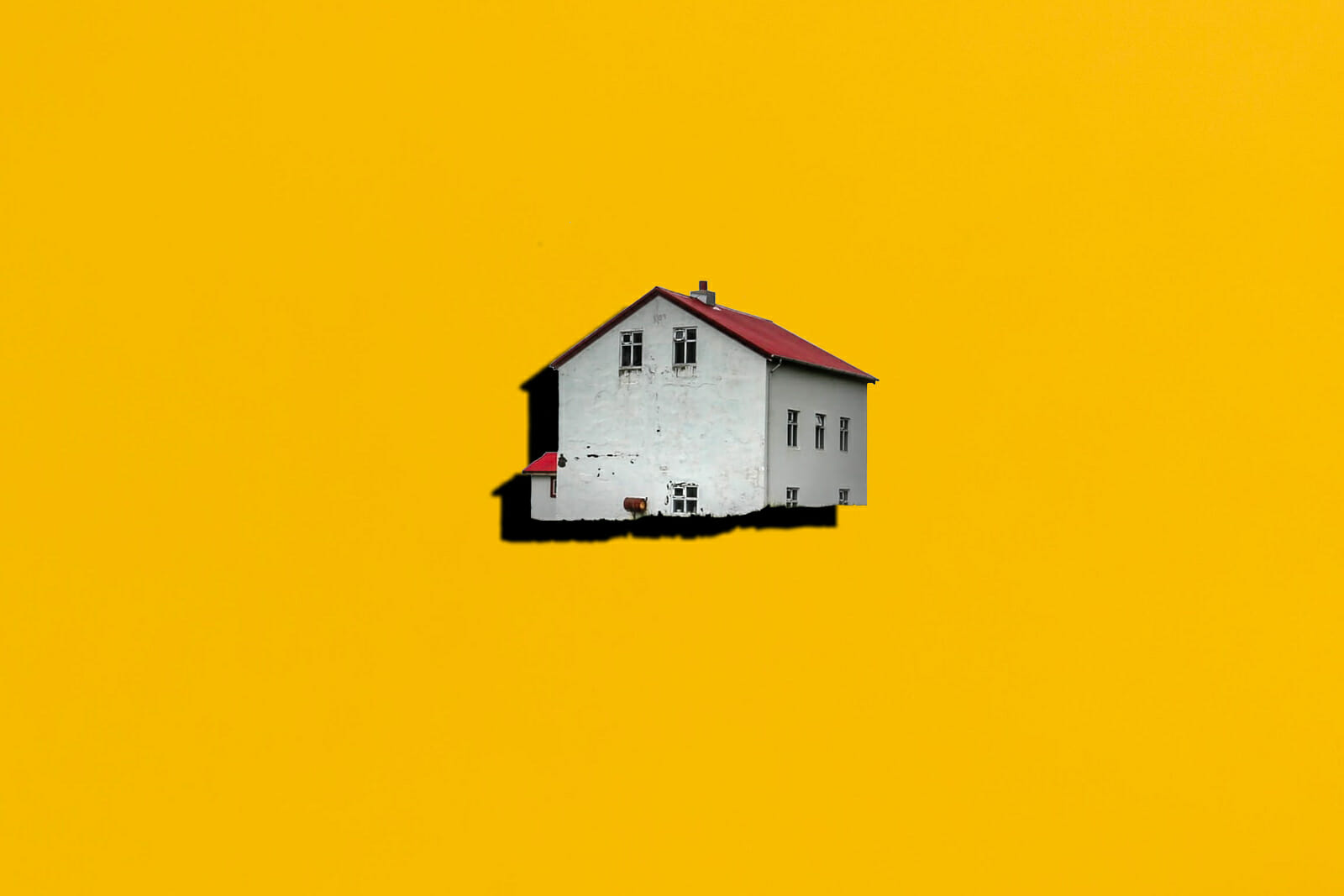
Culture
It is a Matter of Faith
The New York Times recently published “There’s a Name for the Blah You’re Feeling: It’s Called Languishing,” which stated that languishing might be the dominant emotion of 2021. Adam Grant, the author, describes languishing as the lack of mental illness symptoms, but the person is not the picture of mental health either. Since languishing is the new kid on the block, it is imperative to find an antidote. To counter languishing, it is necessary to find a meaningful and purposeful state in which the person feels fully absorbed and when she/he feels that sense of commitment and belonging.
What I mean by a commitment is a willingness to take the time to appreciate human complexity and trust the process. It’s understanding that people may be different from you, even though you have this particular faith in something that makes the two of you bond for something more significant than yourselves.
While finding new challenges and enjoyable experiences are all possible antidotes to languishing, I argue that faith is the best remedy. But first, what is the definition of faith? The dictionary definition of faith is fidelity to something – a cause, another person, an organization, anything else that is important to you. Thus, faith means to trust in yourself, in what you believe, in your feelings, values, and principles.
So, when you are faithful to something or someone, you become loyal, devoted, dedicated, and committed to it. Being faithful to a cause does not mean that success is guaranteed, but it means you develop the confidence that it will be successful; it does not guarantee the individual that you trust deserves your trust; however, having faith is the starting point where certainty ends and trust comes in. Faith conjures up the power to believe you can achieve any realistic goal, that the impossible becomes “I’m possible.” And those who have faith do not know the difference between good times or hard times because everything can be seen as learning opportunities, which means it is always good. When you operate with faith, you believe that everything is meant to be, and there is always something to learn. This is the foundation of faith. And this isn’t a religious type of faith, although it could be. Faith is believing you can get what you actually want.
Much has been said about the pandemic and all the losses it has caused us. I believe it has also made us reassess our faith. Some people have become more faithful while struggling and overcoming hardships; whereas others, less so. Because the way they experience faith is different. Those who genuinely believe in politicians trust their government, party, or organization will somehow change the status quo for the better; they have faith in the political system. Those who are sick have faith that prescriptions, doctors, and drugs will make them better. Thus, they take the medication believing in its curing effects because trusting takes courage. Proving that having faith is beyond feeling; it is something you do, it is tangible. Having faith requires hard work to act with fidelity and to trust in the process.
Faith is not religion; faith is beyond that. Having faith is seeing the silver lining wherever you go, either good or bad, you have the comfort that the tempest shall pass and there is a learning opportunity every step of the way. Thus, faith can be described as: being grateful for what you have instead of being resentful for what you don’t have; feeling of gratitude when no guarantee will fulfill your desires, but still, you decide to trust; forgiving when it is much easier to hate; respecting and acknowledging everyone; and, knowing that you are not the center of the universe, and there is so much more beyond the horizon of your human perceptions. Those who are faithful know the dark nights are necessary if you want to see the stars and the Moon.
The truth is that faith plays an essential role in one’s life, directing spiritual, emotional, psychological, and financial decisions. A belief that something more significant than everyday natural life creates a sense of purpose and deeper meaning. For me, faith also means assurance and confidence to a higher force that you call the Universe, God, Yahweh, the Creator, or whatever suits you best. Faith is one of my core values because it allows me to navigate the world in a heartfelt and empathetic way. I have faith in God, in life, in the world, in my family and friends, in my work, in the company I work for, in my country, in myself, etc.
My faith has helped me understand that life is much bigger than just me and it provides me with a sense of purpose, direction, and most importantly, commitment towards others. My faith leads me to believe that every event in our lives, whether good or bad, can be used to strengthen and embolden us. At last, my faith has helped me flourish after having been stranded for four months in Brazil, having been quarantined six times, and having lived through seven-month confinement in Switzerland. I had faith that better days were coming, and they did.
Regardless of how the pandemic has impacted you, you must have faith in something or someone, or at least in yourself. So, my piece of advice to you is to find out: How your faith is within yourself; whom you are faithful to; what your faith leads you to believe; how your faith affects you and why; what makes you feel meaningful and gives you a sense of belonging; and, faith that you are working so hard for a reason. In sum, faith affects more than we think, it affects various aspects of our economic and social life, and it makes us reflect, question, and evaluate our thoughts and behavior. Thus, faith is the thread that permeates in all of us, providing us with a moral and ethical compass as well as being our north star. Through faith, we connect to reality, and we become stronger and better human beings in the process.
